How Muscles Recover During Sleep
This is a guest post written by Alicia Sanchez.
When you think about optimizing fitness and building muscle, you probably focus on reps, intensity, and time at the gym. But did you know time spent doing nothing at all is crucial to muscle development and recovery? Quality sleep is a core component in an effective fitness regimen.
You can train at peak performance and perfect your nutrition, but if you don’t get the rest you need, you won’t be at your fittest. While you doze, production of growth hormone (HGH) and protein synthesis occur, to help your muscles recover during sleep.
Protein synthesis stimulates amino acids to repair the damage done to muscles during workouts, and it does so most efficiently while you sleep. While you sleep, your brain releases HGH into the bloodstream where it repairs muscle and encourages growth.
Your body is hard at work while you sleep
HGH secretion is at its greatest while you sleep. Achieving states of REM sleep allows your body to restore and recover cells in the bones, muscles, vital organs, tissue, and restock your immune cells. REM sleep encourages recovery because your muscles are at total rest in a paralytic state.
While you doze at night, your body is a hotbed of vital activity that benefits athletic performance and fitness. The deeper you sleep, the better your body can recover, recharge, and revitalize. Your brain flushes out toxins while you rest, contributing to overall health function.
Perfect your sleep routine
You need seven to nine hours of deep sleep for prime muscle recovery, but it’s tough to fall into bed at the end of a busy day and nod off immediately. For best results and more restful sleep, establish a nightly unwinding routine and stick to it.
About 60-90 minutes before you start your shut-eye, start relaxing your body and mind. Elements of a healthy pre-sleep routine are:
Dim the lights in the room
Shut down the TV, tablet, and smartphone
Read a paper book rather than an e-book
Meditation, prayer, or light stretching
A hot shower or Epsom salt soak
Lie down at the same time every night
Turn your climate control down to the upper 60s
Make sure the room is dark and quiet
A hot shower or bath heats your body then drops your core temperature once you’re out of the water. Turn up the AC cooler, then get into bed in a comfortable posture. You can read quietly for a few minutes, write in your journal, or meditate to let your brain relax.
About 20 minutes before you want to fall asleep, put everything aside, turn the lights off completely and shift into your preferred sleep position. Avoid music, any light or noise pollution, and let your brain and body relax. That sets you on the path to proper muscle recovery.
Five things to avoid before bed
#1 Don’t eat right before bed but be sure you ate enough that day
#2 Don’t exercise 4-5 hours before bedtime
#3 Don’t expose yourself to blue-light-emitting screens
#4 Don’t drink any caffeine in the 5-6 hours before bed (also skip the alcohol)
#5 Don’t chug a bunch of water (but do stay hydrated)
We spend one-third of our lives sleeping yet it’s the aspect of our lives of which we are often least mindful. Rethink your daily and nightly routine and develop a healthy sleep routine to benefit your muscle recovery, fitness, and overall health.
About Alicia: Alicia is a researcher for the sleep science hub Tuck.com with a specialty in health and wellness. A Nashville native, Alicia finds the sound of summer storms so soothing that she still sleeps with recorded rain on her white noise machine. There are also more articles about sleep and recover at: https://www.tuck.com/Sleep-And-Athletes/



